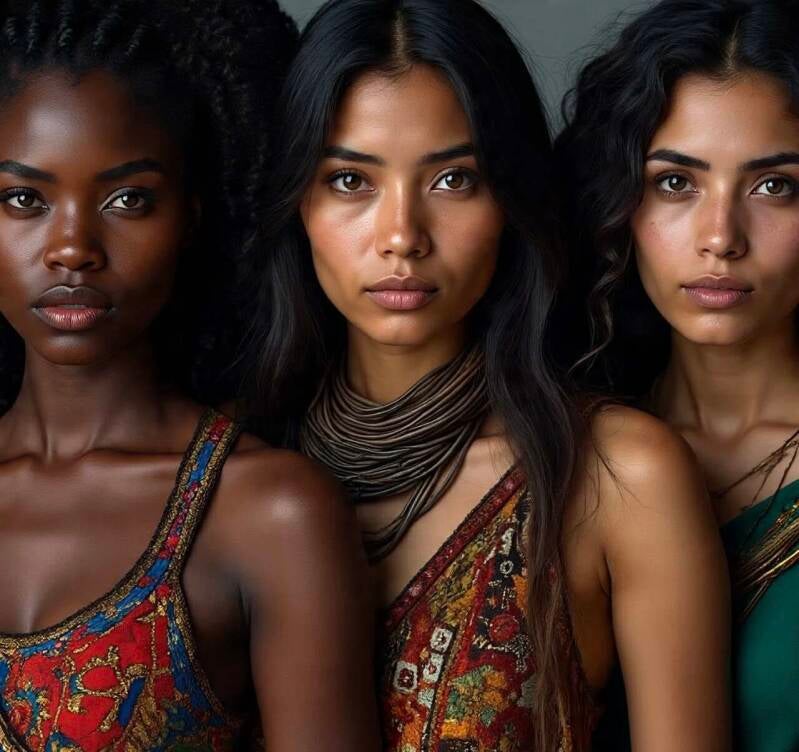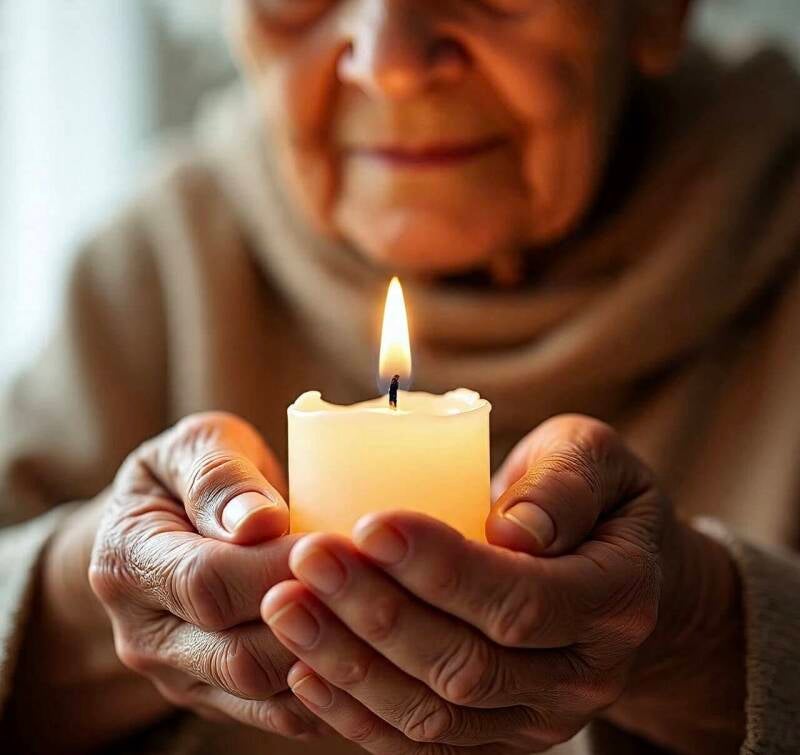
I’ve been sitting with this heaviness for a while—anger lodged in my chest, sadness sitting behind my eyes. It’s the kind of weight that builds slowly, quietly, and then roars all at once. I’ve been reading stories about the so-called “mystery” of the Lost Colony, about iron flakes and archaeological finds, and I couldn’t stop thinking: what about the Indigenous women who are still disappearing today?
We act like history is just in textbooks. Something that happened. But for so many of us, history is still happening. It’s written on our skin. It’s stitched into our family names. It’s whispered in the silence when people pretend not to see us—or worse, pretend we’ve always been here in the way America has wanted us to be.
Let’s talk about that.

Erased but Not Forgotten
As a Pakistani-American woman, I am lucky in one way—I know where my family comes from. I can trace my lineage to Sialkot, hear the sounds of Urdu (even if I don’t speak it fluently), and carry flavors of Pakistan into my kitchen and my writing. I get to know that. And I don’t take it lightly.
But I have friends—Black American friends—who don’t get that privilege. Their ancestry was stolen from them, violently and without apology. Their ancestors were stripped of names, languages, religions, histories. Brought here in chains and forced into lives of servitude. And then told to “get over it.”
How do you “get over” being uprooted so thoroughly that you don’t even know which country your people came from? How do you “move on” from being told that all you need to know is that you came from “Africa”… as if Africa is just one vague, monolithic place. A country. Not a vast continent of 54 nations, over 1.4 billion people, and thousands of languages and ethnicities.

The “Africa Is a Country” Myth
I’m so tired of people saying things like, “Oh, they’re African,” as if that ends the conversation.
Let me break it down for you. Here are just a few of the lesser-known countries in Africa—real places, with real people, cultures, languages, struggles, and beauty:
- Burundi – Landlocked and overlooked, but with a rich oral tradition and music culture that dates back centuries.
- Comoros – A volcanic archipelago off the coast of East Africa with deep Swahili-Arabic heritage.
- São Tomé and Príncipe – A small island nation with Portuguese roots and West African influences.
- Djibouti – A strategic Red Sea country with Somali, Afar, and French heritage.
- Lesotho – A mountain kingdom within South Africa that has its own monarch and distinct Sotho culture.
- Eritrea – Often confused with Ethiopia, but has its own fierce identity and a coastline along the Red Sea.
- Eswatini (formerly Swaziland) – One of the last absolute monarchies, with deep spiritual traditions.
- The Gambia – The smallest country in mainland Africa, rich with Mandinka and Wolof culture.
- Guinea-Bissau – A country with strong musical roots and a legacy of resistance against Portuguese colonization.
To say “Africa” and think that sums it all up? That’s not just ignorant—it’s erasure. And it’s dangerous. Because the moment you flatten someone’s origin into a stereotype, you take away their humanity.
The Cost of Whiteness and the Lies It Protects
I don’t hate white people. My own mother is considered white American. Her family roots stretch back to Germany, Scotland, and England. But here’s the truth: whiteness—as a system—has done irreparable harm to the world. And when I talk about whiteness, I’m not talking about freckles or fair skin. I’m talking about a construct, a political tool that created and upheld slavery, colonialism, and genocide.
It’s whiteness that told my ancestors they were inferior. It’s whiteness that carved up South Asia. It’s whiteness that erased Native nations and turned stolen land into suburbia. It’s whiteness that told Black Americans they were property and now dares to ask them why they’re still angry.
To the white people who say racism is over: no, it isn’t.
To the ones who claim that they’re the real victims now: no, you’re not. Prejudice is not racism. Someone disliking you for being white is not systemic oppression. You’ve never been denied a job, a home loan, or your life at a traffic stop because of your whiteness.
White people can experience hardship. But whiteness itself? It has always come with privilege.

We Don’t Want Your Guilt—We Want Accountability
I’m not writing this for guilt. I don’t want apologies you don’t mean or Instagram solidarity you don’t live by. I want honesty. I want people to acknowledge how deep the roots of racism go—and how this country still waters them. I want justice for the Indigenous women who go missing and never come home. I want reparations for the generations of Black Americans who built this country for free. I want a world where no one disappears into history — because no one was invisible to begin with.

The Truth Isn’t Comfortable, but It’s Necessary
If you made it this far, thank you. Sit with what I’ve said. Share it. Push back when your family member says something racist at dinner. Speak up when someone “jokes” about Africa being poor. Ask yourself what histories you’ve never learned because they were never taught.
We can’t bring back what’s been lost. But we can stop pretending it’s gone just because it’s easier than facing the truth.
We are still here.
And we remember everything.

Add comment
Comments